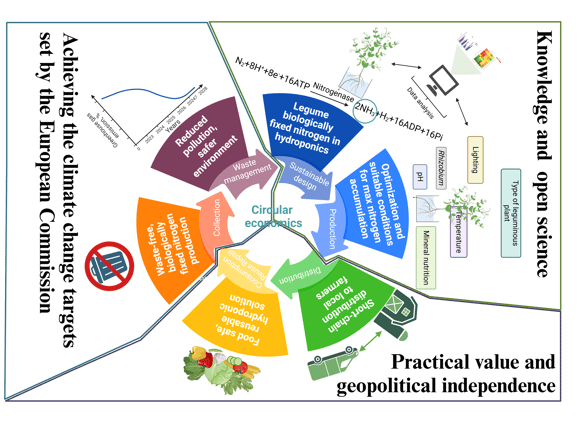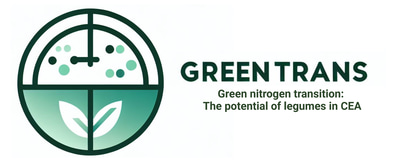Hydroponic cultivation of legume plants represents a significant advancement toward sustainable agricultural practices. By growing legumes in a soil-free environment, we can drastically reduce the need for chemical fertilizers and pesticides, which are often harmful to the ecosystem. Hydroponics utilizes water more efficiently, conserving this precious resource while promoting faster growth rates due to optimal nutrient delivery. Additionally, legumes, known for their ability to fix nitrogen in the soil, contribute to soil fertility when left to decompose. This environmental benefit is further amplified in hydroponic systems where nutrient recycling can be achieved, minimizing waste. Moreover, growing legumes hydroponically in urban settings can reduce transportation emissions, offering fresh produce to local consumers. As we face global challenges such as climate change and food security, the integration of hydroponic legume cultivation within sustainable practices serves as a promising solution for the future of agriculture.
However, it should be emphasized that the GreeNTrans project will have the greatest impact on the following sustainable development goals (SDG) and their targets:
SDG 2: Zero Hunger, target 2.3: By 2030, double the agricultural productivity and incomes of small-scale food producers, in particular women, indigenous peoples, family farmers, and fishers.
The GreeNTrans project plan directly contributes to this goal by exploring sustainable agricultural practices to enhance productivity while reducing reliance on synthetic fertilizers.
SDG 7: Affordable and Clean Energy, target 7.2: By 2030, increase substantially the share of renewable energy in the global energy mix.
The GreeNTrans project supports the transition to cleaner energy sources by exploring bioenergy utilization and reducing dependency on fossil fuels in agricultural production.
SDG 9: Industry, Innovation, and Infrastructure, target 9.5: Enhance scientific research, upgrade the technological capabilities of industrial sectors in all countries, in particular developing countries.
The GreeNTrans project aligns with the intention to enhance scientific research and upgrading technological capabilities in the agricultural sector through innovation in agricultural practices,
SDG 12: Responsible Consumption and Production, target 12.4: By 2020, achieve the environmentally sound management of chemicals and all wastes throughout their life cycle following agreed international frameworks.
The GreeNTrans addresses responsible production by transitioning from synthetic nitrogen fertilizers to biologically fixed nitrogen, promoting environmentally sound management of agricultural inputs.
SDG 13: Climate Action, target 13.1: Strengthen resilience and adaptive capacity to climate-related hazards and natural disasters in all countries.
The GreeNTrans contributes to climate action by developing sustainable practices that reduce greenhouse gas emissions and enhance resilience to climate-related challenges in the agricultural sector.
Sustainable practices


